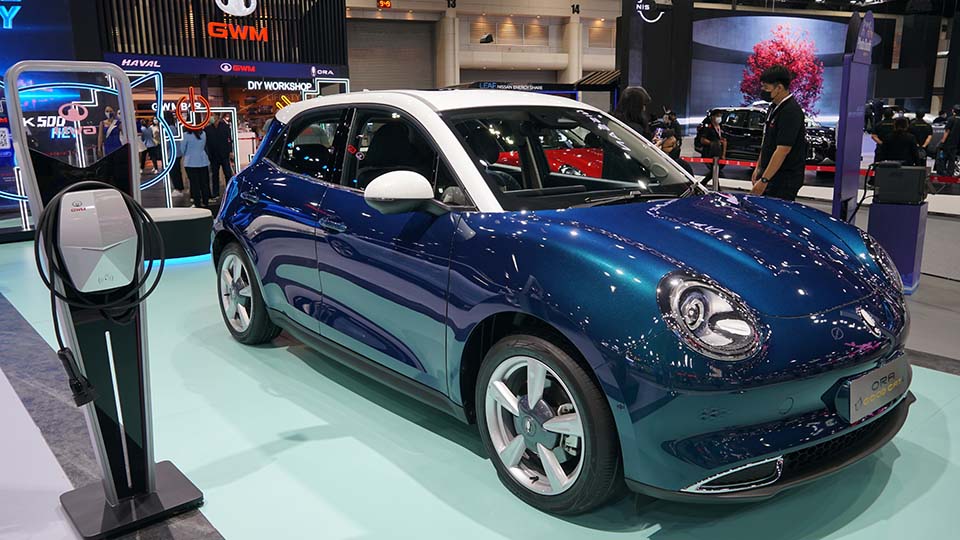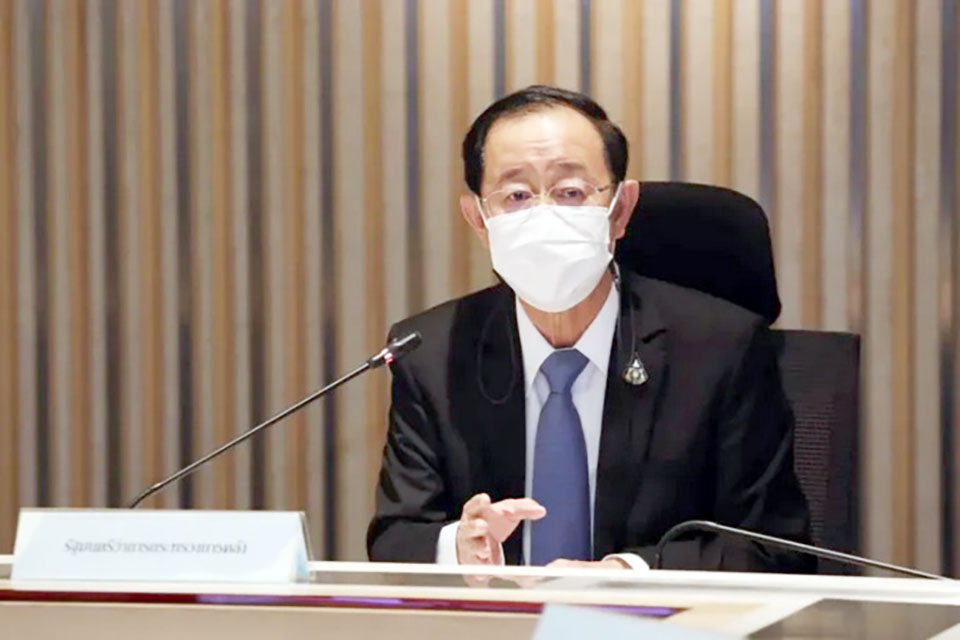
The cabinet approved tax changes to promote electric vehicles and develop the country into a regional production hub of electric cars and motorcycles, according to Finance Minister Arkhom Termpittayapaisith.
Regarding the approved taxation, the Finance Ministry waives customs duty for nine important parts of electric vehicles including batteries, traction motors, air-conditioner compressors, battery management systems (BMS), drive control systems, alternating current systems and gearboxes.
For the production of battery electric vehicles (BEVs) in duty-free zones, the value of imported batteries is considered as local production costs for the calculation of locally added value which is capped at 15% of BEV prices.
Meanwhile, excise tax will be gradually increased on vehicles with internal combustion engines (ICEs), hybrid electric vehicles (HEVs) and plug-in hybrid electric vehicles (PHEVs). The increases were set for three stages – in 2026, 2028 and 2030.
For HEVs which continue to emit carbon dioxide, the tax will rise from 4% to 6% in 2026, to 8% in 2028 and to 10% in 2030. For PHEVs, the tax will increase from 4% to 5% in 2026.
The tax for BEVs falls from 8% to 2%. (TNA)

 |
 |
 |





